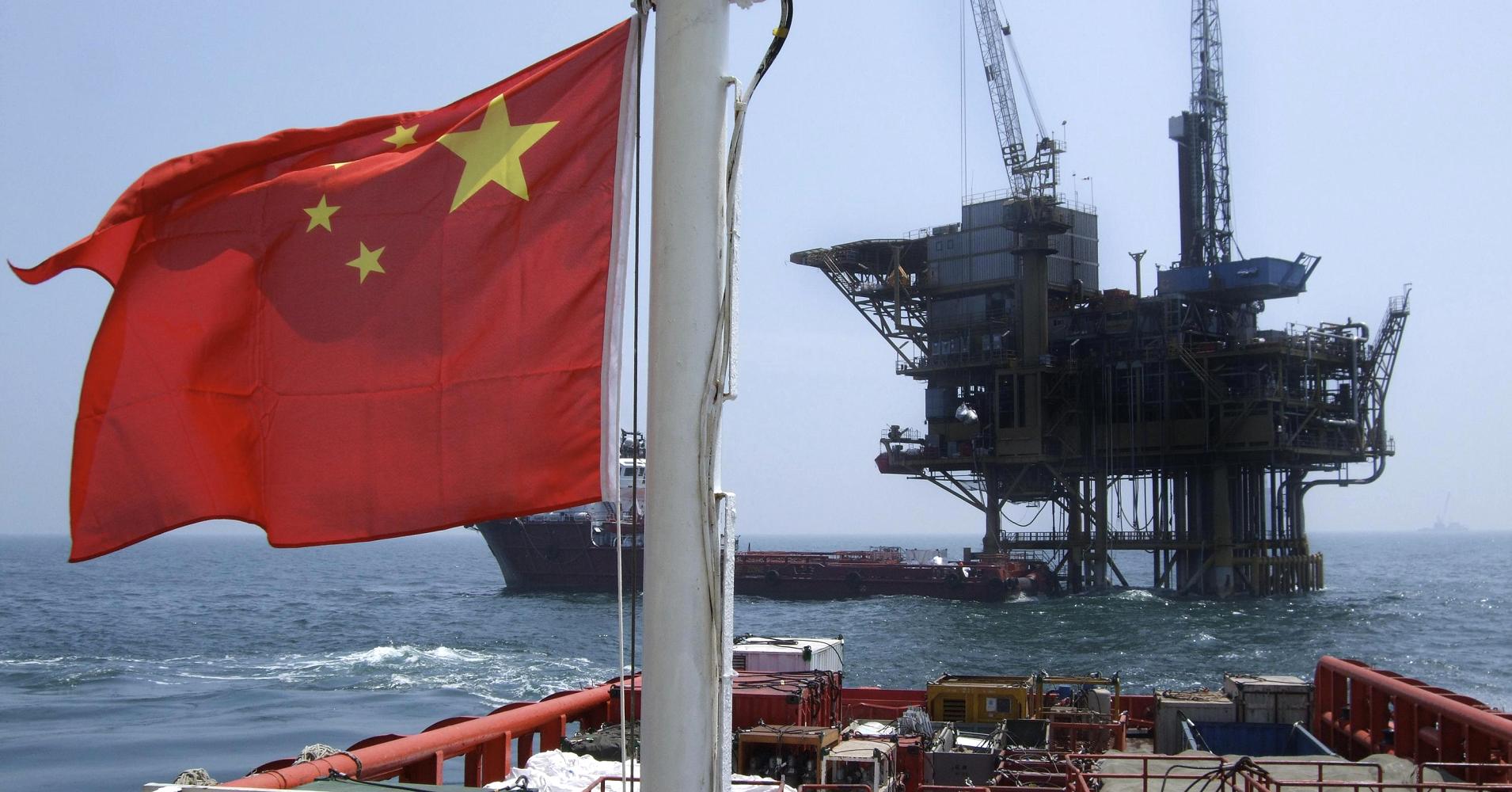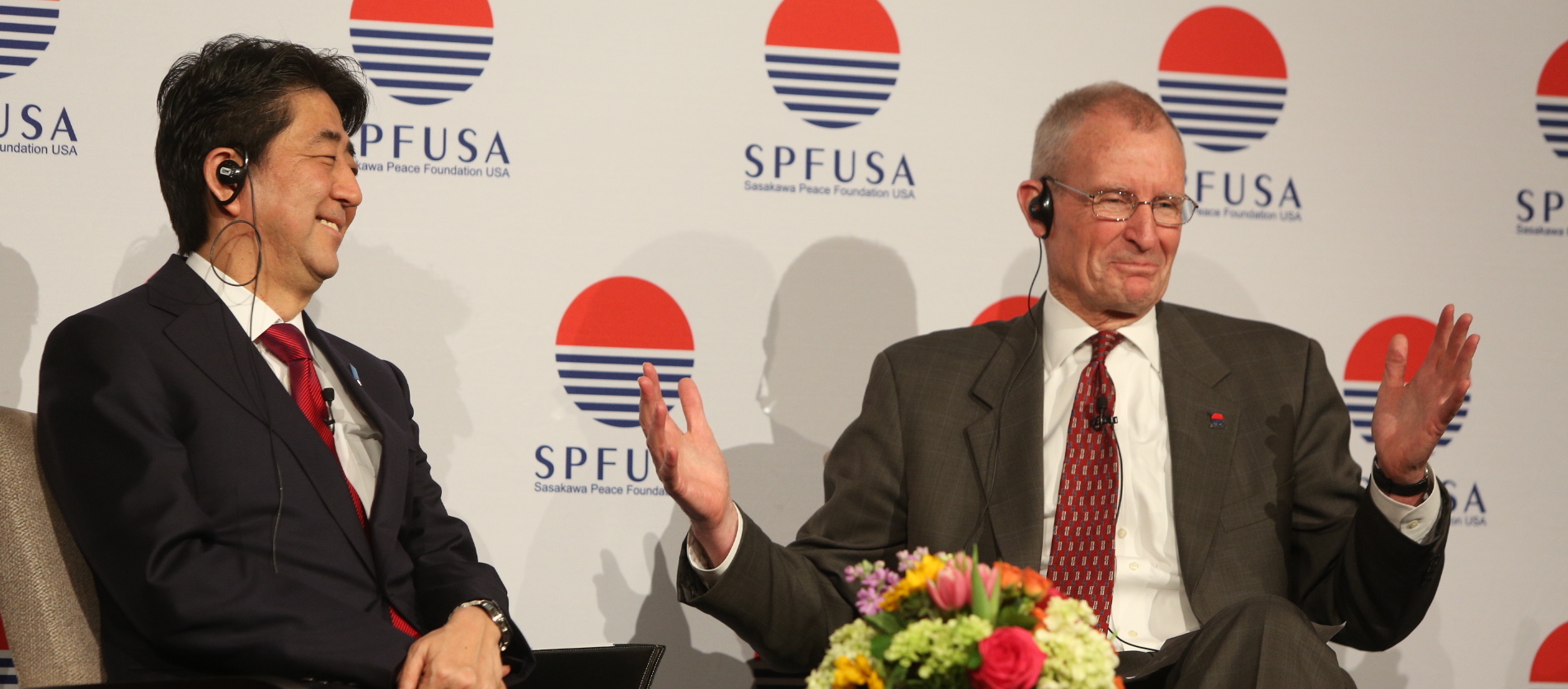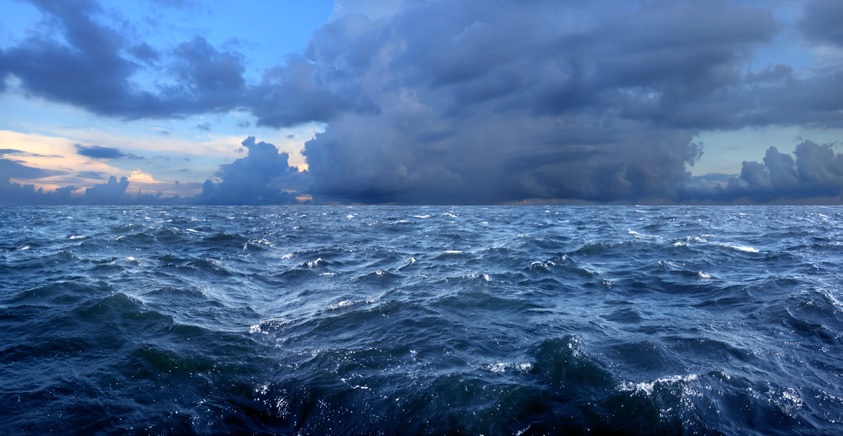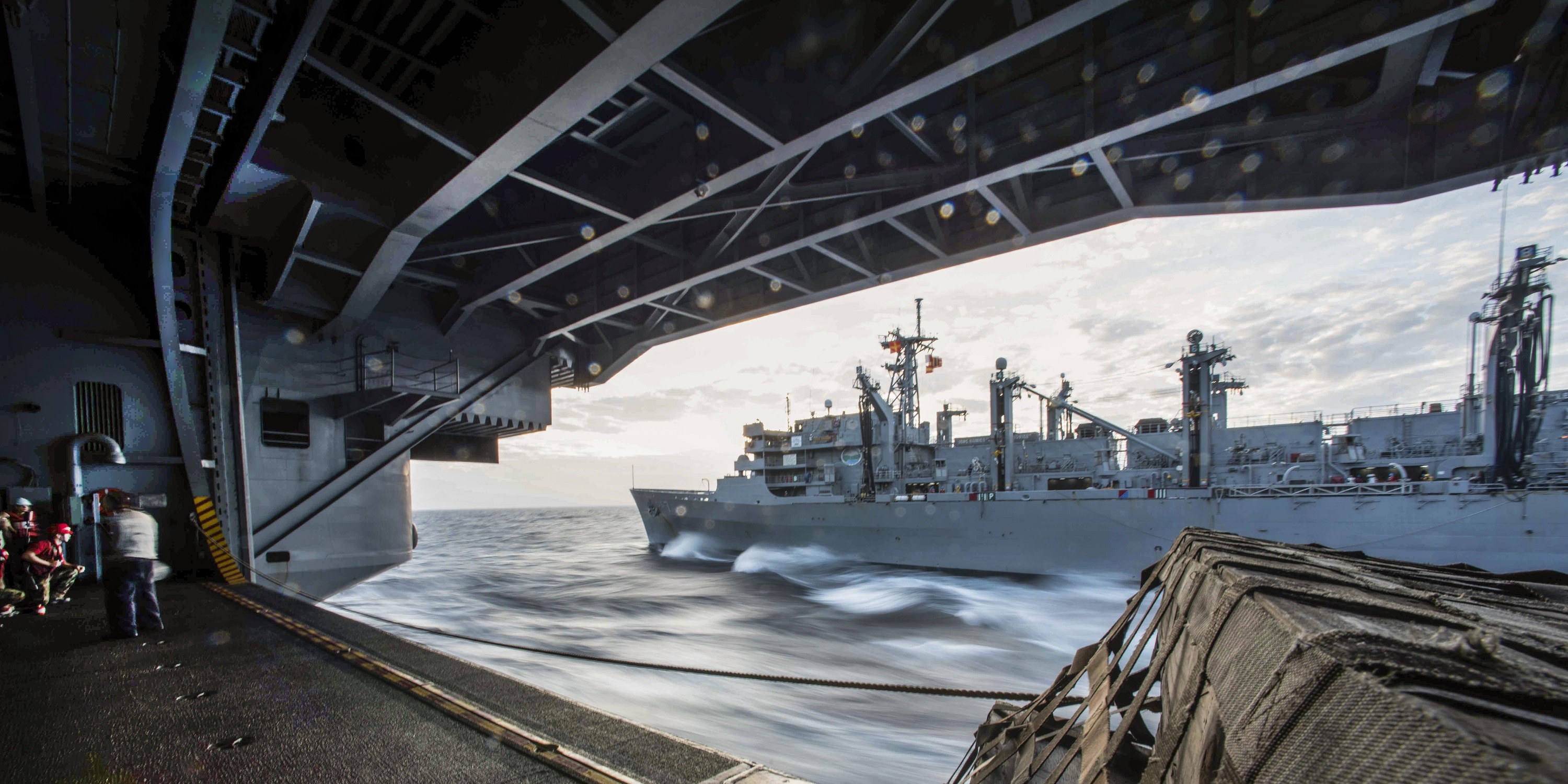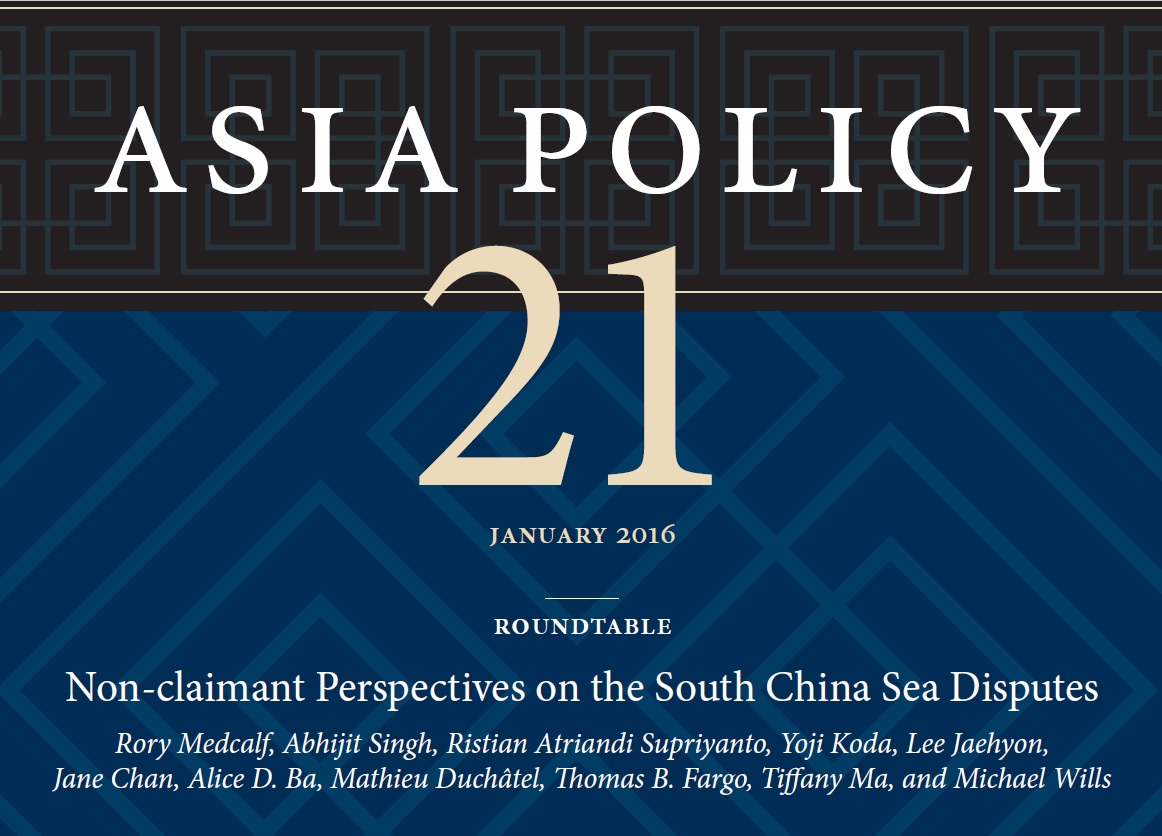United Nations Convention on the Law of the Sea
The United Nations Convention on the Law of the Sea (UNCLOS), also called the Law of the Sea Convention or the Law of the Sea Treaty, is the international agreement that resulted from the third United Nations Conference on the Law of the Sea, which took place between 1973 and 1982. UNCLOS defines the rights and responsibilities of nations with respect to their use of the world’s oceans, establishing guidelines for businesses, the environment, and the management of marine natural resources.
